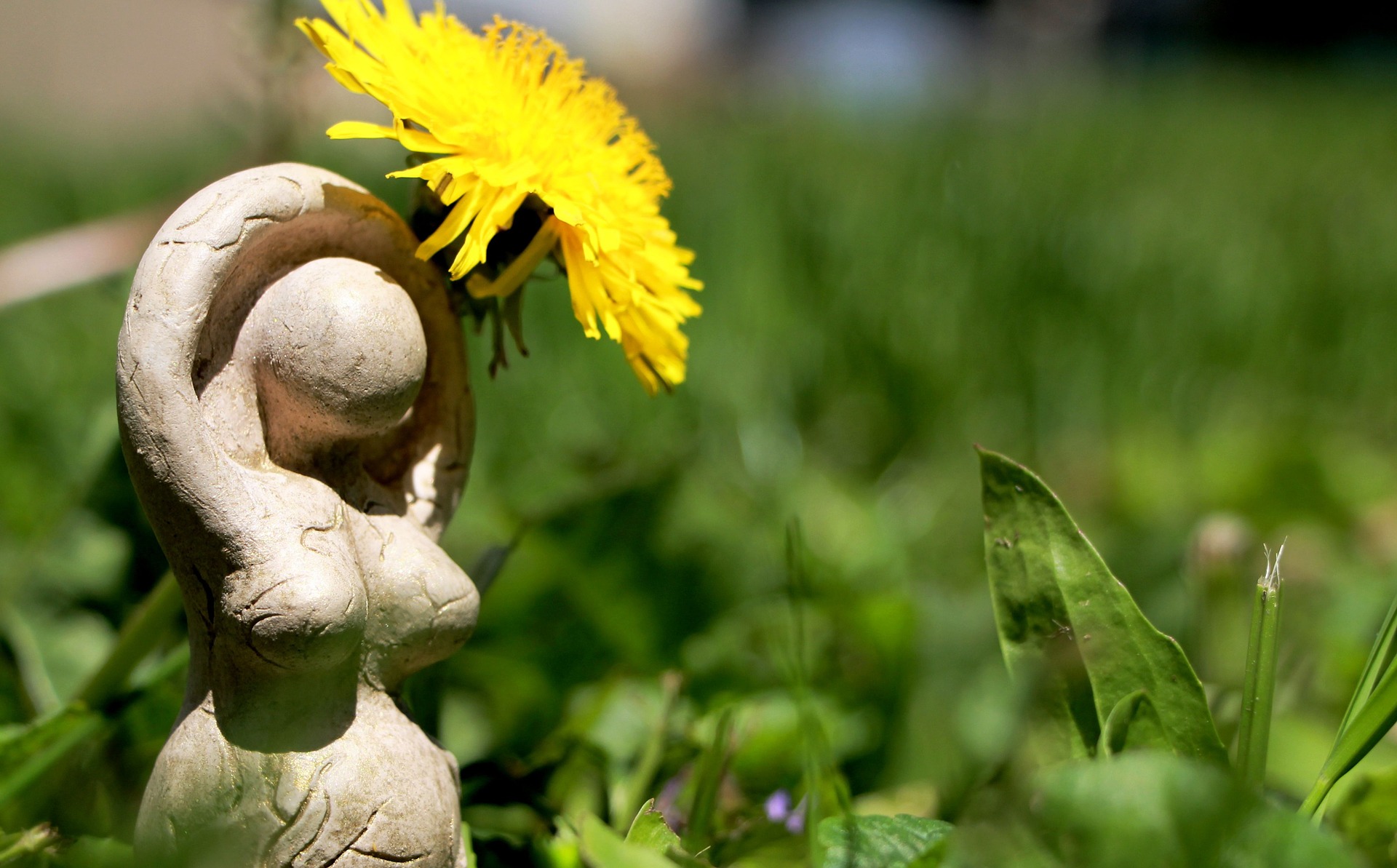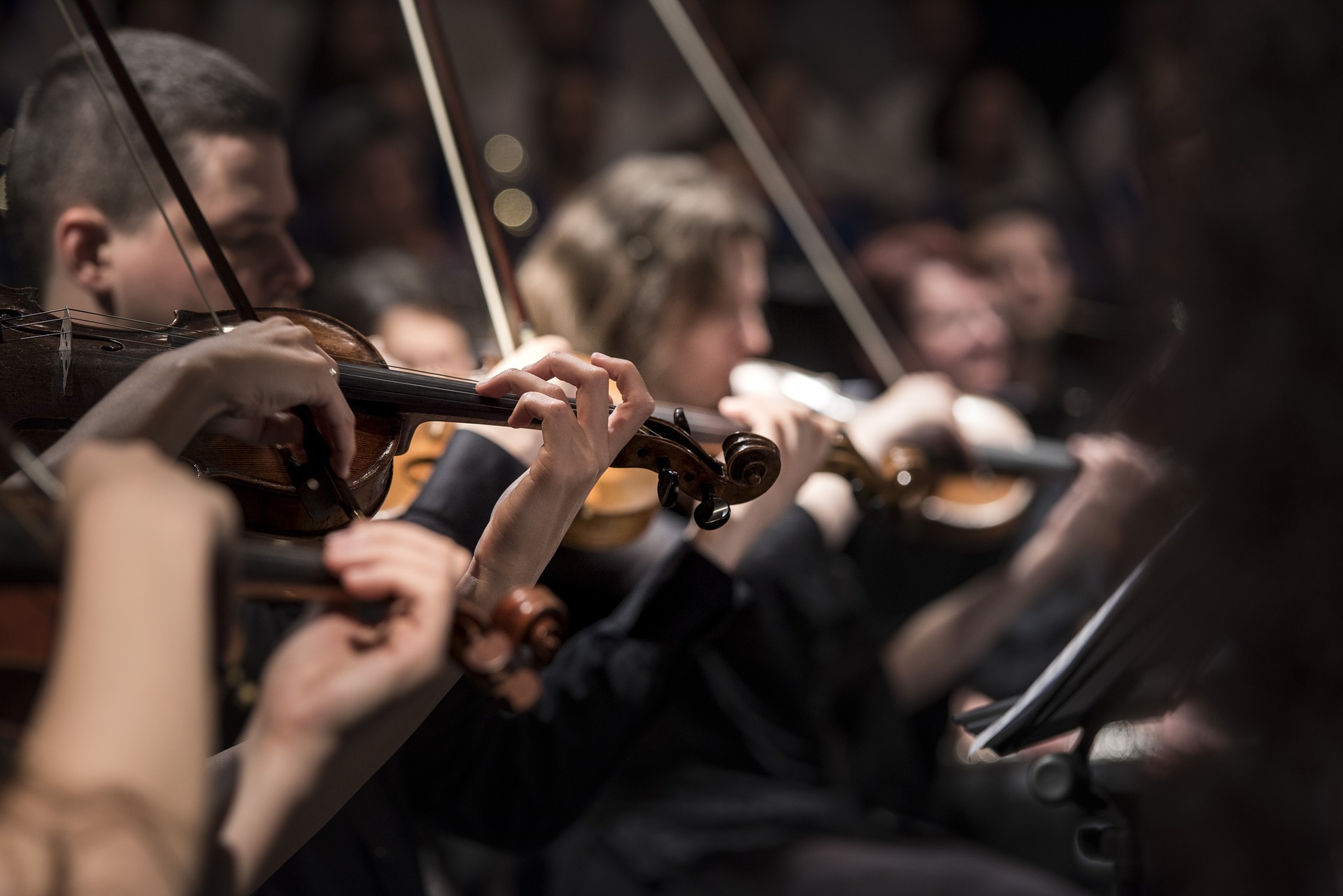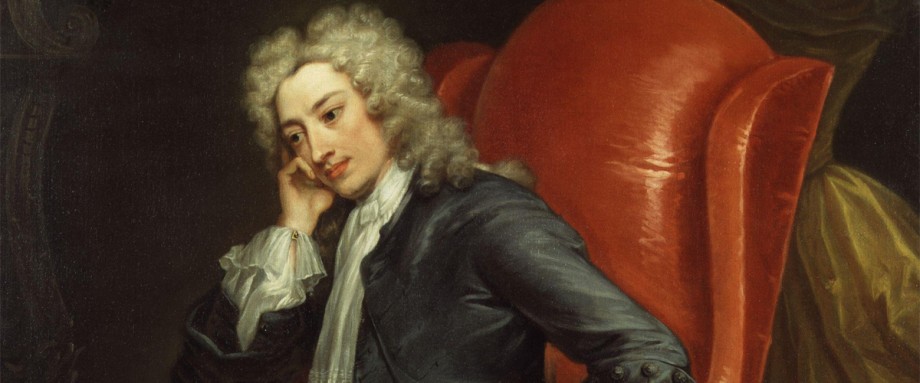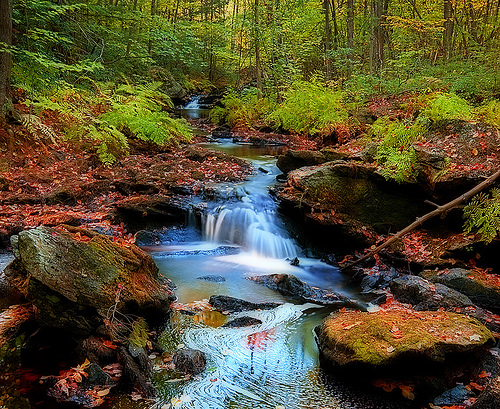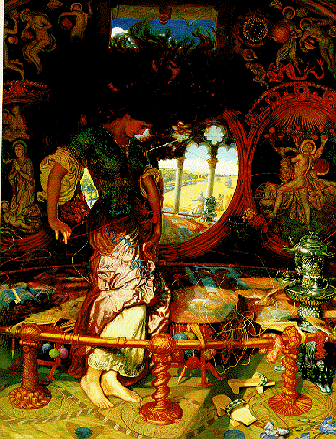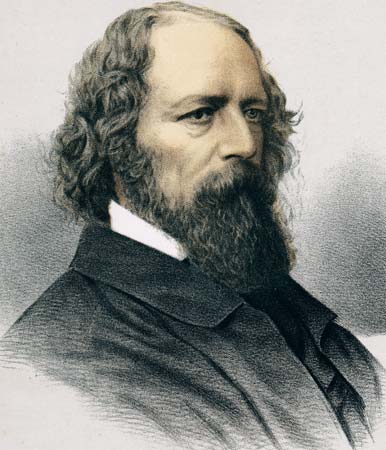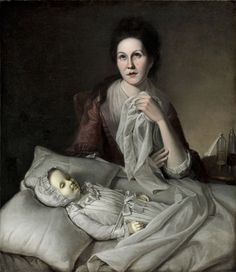Introduction to the Poet:
Alfred Tennyson was born in 1809 at Somersby in Lincolnshire as the son of a clergyman. After schooling at Louth, he proceeded to Trinity College, Cambridge. Here, he won the Chancellor’s Medal for a poem on Timbuctoo. At the age twelve, he wrote an epic poem of 6000 lines and wrote a drama of blank verse at the age of fourteen. Leaving Cambridge without a degree, he lived with his parents for the next 20 years. Living in peace and serenity, he wrote much poetry; all these while his fame was making headway. In 1845, he received a government pension. Appointed as Poet Laureate (1850) in succession to Wordsworth, he married and moved to Isle of Wight.
In his later years, he gained increasing fame, appreciation and applause; and was regarded as the greatest poet of the era.
He died at 1892, at Aldworth, in Surrey and was buried in Westminster Abbey.
The Poem:
The poem is about a bugle music that the poet hears when he is on the top of a valley watching the setting sun. The valley is a spiritual and magical one made up of beauty and the song he hears is of the elves. The magical charm of the poem is what makes it so astonishing for us. This is a part of ‘The Princess’ that deals with women’s education.
This poem also deals with the echo that a person has after his death, precisely the memories left by. However, the poem’s beautiful words mingled with the reverie of the poet is bound to influence the reader, leaving an essence in one’s mind.
Setting of The Splendor Falls On Castle Walls:
The poem is set on an isolated valley where the speaker watches the sunset as a purple tone lingers in the sky. The sunlight falls on the castle and snowy old mountains, the light enters through leaves and falls on the lake while the waterfall makes a loud sound. The sound of bugle is heard and echoes from cliff to cliff and through the spaces and cracks and slowly dies out.
The poet imagines them to be coming from Elf land, where the elves lives. The elves and fairies were believed to be objects that existed beyond the material world, in a parallel universe. The poet thinks that he is on a magic valley. From here, we dive into the mind of the poet, where the inner setting is prominent.
From the old fairy tells, the speaker’s imaginations stays the setting for the rest of the poem.
Style of The Splendor Falls On Castle Walls:
Each stanza has the same rhyme scheme, just as each line has the same meter, or rhythm: A/A, B, C/C, B, D,D.
Well, A/A and C/C mark the internal rhymes that appear in the first and third lines of each stanza.
The poem is written in iambic trimeter.
Poetic devices in The Splendor Falls On Castle Walls:
Symbolism:
‘Echo’ is a symbolism of the impact of our lives after our death.
Apostrophe:
Calling the bugle to blow, he calls to a non-living thing and thus is an apostrophe.
Hyperbole:
Echoes growing forever and forever is a hyperbole. Echoes can never grow forever but fades away but Tennyson personifies it.
Personification:
The personification of splendor, lights and echoes are evident as they are given human attributes. The valleys replying is yet another personification.
Assonance:
Presence of assonance is evident in the first and third stanza. Splendor falls on castle walls creates an inner rhyming and is thus an example of assonance.
Summary of The Splendor Falls On Castle Walls:
The poem is written on the theme of imagination and the echoes we leave when we die. It starts with the poet being at outdoor and looking across a valley and castle where the sunlight falls on the castle walls and the snowy mountains which are old and many stories are written regarding them. Light enters into the lake and a ferocious waterfall is makes a loud noise. A loud bugle song is heard across the valley, echoing until slowly they fade away and die.
The poet goes on to ask us to hear the bugle horns carefully, as they rise to a high pitch becoming thin and more distinct. He says that the horns that he hears are from Elf land, a place where elves like creatures reside. He believes that the valley is magical and there is a very thin line between the real world and a parallel universe, a world of elves and fairies, here. He goes on to say that with the bugle songs comes from the cracks of the mountains and the atmosphere replies to the songs with a purple tint on the sky reflected on the valley as the sunset dawns closer. He repeats to say the line “Blow, bugles; answer, echoes, dying, dying, dying.”
The sounds slowly fade away and he becomes philosophical. The echoes that had been fading away makes him prude over the echoes that one leaves after death, the memories, the achievements and so on which are, unlike the fading echoes, permanent. At last, he ends the poem by asking the bugles to blow to hear the notes. The bugles echoes again and finally fades away.
Central Idea of The Splendor Falls On Castle Walls:
The central idea of the poem deals with the poet’s imagination about the echoes after life as he gets intimately spellbound with the beauty of nature. The poet is alone in the mountains, looking across the valley at sunset and describing the scene which reminds the speaker of fairy tales, of the past, of ancient history and mythology, and eventually of our lives’ echo after death. One can be immortal with the help of the echoes after death, which includes our deeds, achievements, and the impact that we have on others during our lifetime.
Critical Analysis of The Splendor Falls On Castle Walls:
The poem is one of vivid imagery, lyrical allusion consisting of wide range of thought processes ranging from the parallel world with the existence of elves to the memories and echoes that we leave when we die. The poem is made up of ideas and with the use of poetic devices; it is made more appealing to the reader.
The word ‘splendor’ falling is somewhere the whole sense of the poem is brought forward. Thus, the title is unusual and prepares us for the unsettled tone and the unusual and magical valley. The philosophical questions asked and the rhetorical drama is yet another beautiful feature of this poem.
Tone of The Splendor Falls On Castle Walls:
Tone of the poem is one of surprise and pleasure at the awe-striking beauty of the endless abyss of beautiful nature. The pacifying serene beauty of the valley combined with isolation brings wonderful charms.
The magical element of bugle song and horns coming from Elf land also brings a tone of awe to the poem. The magnificent valley reflecting the purple tinge of dusk, the waterfall being wild and wonderful brings a beautiful sense and enhances the poem’s tone.
The end brings a melancholic mood as he talks about death with the echoes that we live during life.
Conclusion:
“The Splendor Falls on Castle Walls” is a good example of what Tennyson was up to during his career. It’s a song-like poem in which a speaker hears a bugle echo around a beautiful valley. The beautiful imagery, lyrical scheme, splendor of diction make this poem supreme in the Victorian era.
Contributor: Bidisha Das
Some online learning platforms provide certifications, while others are designed to simply grow your skills in your personal and professional life. Including Masterclass and Coursera, here are our recommendations for the best online learning platforms you can sign up for today.
The 7 Best Online Learning Platforms of 2022
- Best Overall: Coursera
- Best for Niche Topics: Udemy
- Best for Creative Fields: Skillshare
- Best for Celebrity Lessons: MasterClass
- Best for STEM: EdX
- Best for Career Building: Udacity
- Best for Data Learning: Pluralsight
